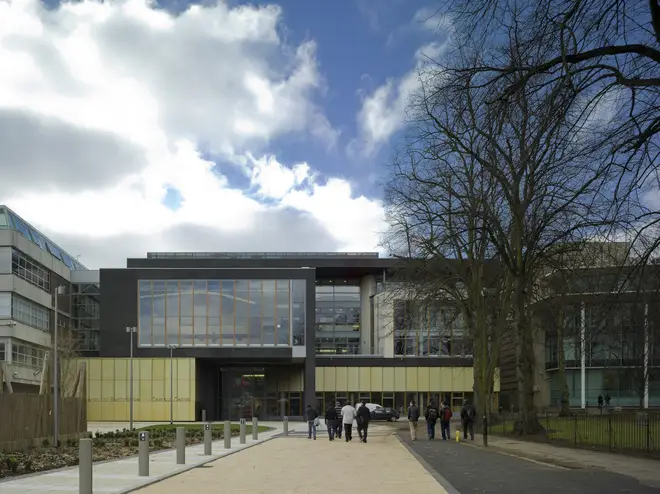
Clive Bull 1am - 4am
3 January 2020, 00:03

Two thirds of universities and colleges have seen an increase in the proportion of students dropping out in the last five years, official figures show.
The research from the PA news agency shows that 100 UK institutions (67%) saw an increase in the proportion of students dropping out. In some cases, non-continuation rates have risen by more than five percentage points.
The University of Abertay, Dundee, had the largest increase in drop-out rates, with an 8.6 percentage point rise over this five-year period, from 3.5% in 2011/12 to 12.1% in 2016/17.
A spokesman for the university said that the institution "recognises that there is a need to improve student retention" and is introducing measures to do so, including recruiting additional student advisers and using data analysis to pinpoint early warning signs that a student may be experiencing difficulties and need support.
In England, Bedfordshire University had the biggest increase in non-continuation rates, at 6.9 percentage points, going from 8.3% in 2011/12 to 15.2% in 2016/17.
A spokeswoman said: "As a widening participation university our students can face challenging barriers to success.
"Many are mature students balancing the responsibilities of family and work with studying for a degree. Others are the first in their family to go to university, unable to turn to the bank of 'mum and dad', juggling commuting and part-time work with their studies."

A spokesman for vice-chancellors' group Universities UK said: "Universities are committed to widening access to higher education and ensuring students from all backgrounds can succeed and progress.
"This includes supporting students to achieve the best outcomes in not only getting into university, but flourishing while they are there. Many have specific plans in place to deliver this - for example in England access and participation plans are usually a required commitment for institutions.
"However, it is clear that non-continuation is still an issue and institutions must continue to work to support students to progress and succeed at university."
Universities Minister Chris Skidmore said: "I want to see each university and indeed courses held individually accountable for how many students are successfully obtaining a degree so that we can be transparent and open about where there are real problems.
"Many universities are doing excellent work to support students but it's essential that dropout rates are reduced.
"We cannot afford to see this level of wasted talent."

But Edward Dolley, 23, from Weston-super-Mare, decided halfway through his second year studying communication and media studies at Loughborough University that it was no longer right for him.
He told the PA news agency that he "fell out of love with the course" and chose to return home and get a job.
Months later, a friend who was applying to Buckingham University - a private institution - encouraged him to take a look at a course syllabus and he is now studying politics and economics at the university.
Mr Dolley said he thinks teenagers may sometimes feel pressured into going to university straight from sixth-form studies.
"I think it's certainly the case at my school, and people I've met at both Loughborough and Bucks have said the same thing, when you're at secondary school or college, it's drummed into your head that you need to go to university to be successful," he said.
One expert said that students can end up feeling demoralised if university does not work out for them, but that leaving early does not mean that they should not have gone at all.
The figures come at a time when universities are under greater scrutiny and pressure to be more transparent about areas such as drop-out rates and graduate outcomes.